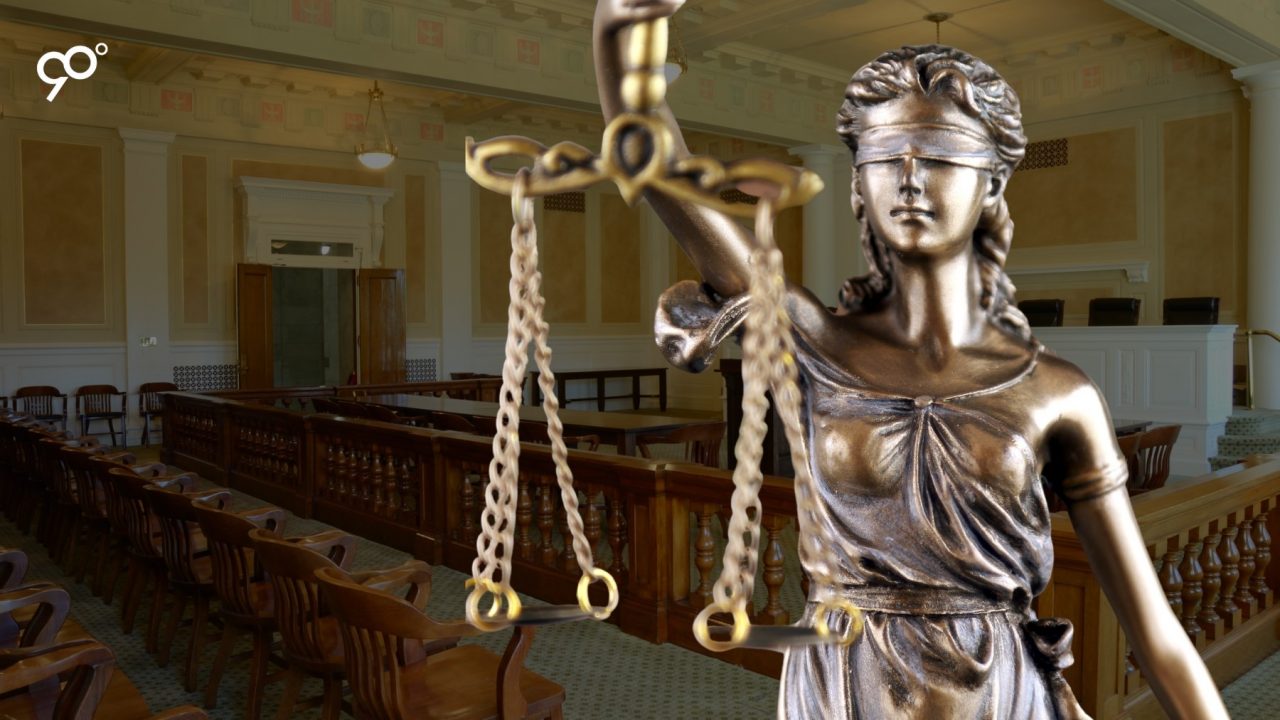
In the Philippine courtrooms, justice is not about volume or social media clout. It’s rooted in evidence—documents, tangible objects, and expert opinions. Here, facts take precedence over emotions, ensuring that everyone, regardless of their public image, receives a fair trial. This commitment to impartiality is the bedrock of our legal system, even when it frustrates a public craving swift resolutions.
While courts effectively resolve legal disputes, they often fall short in addressing the emotional and reputational damage that can arise. In contrast, the court of public opinion operates on perception, where a single accusation can tarnish reputations in an instant. Fueled by social media, news spreads rapidly, often leading to hasty judgments that bypass due process.
In a world where a negative post can spark a viral backlash, understanding this disconnect is crucial for effective reputation management. To thrive, you need a robust legal strategy paired with savvy public perception skills. Embrace the challenge and protect your reputation in this fast-paced digital landscape. Below are the top three strategies to keep in mind to help you win in both the court of law vs. the court of public opinion.
Establish a proactive reputation management strategy
Proactive reputation management is your strategic ally in crafting and preserving a positive brand image before challenges arise. It’s all about taking charge of your narrative and actively shaping public perception. This approach involves consistently reinforcing your brand’s foundation. Its core values, messaging, and content—while staying attuned to what people are saying about you. By monitoring conversations and identifying potential risks, you can mitigate issues before they escalate. Building strong relationships with your audience is also key, ensuring that your brand remains resilient and trusted.
Craft a Crisis Communication Plan
In today’s fast-paced world, a robust crisis communication plan is vital for effective reputation management. It’s all about how different audiences perceive challenging situations and ensuring that your message resonates with honesty and transparency. By focusing on building trust and credibility, you can protect your reputation and even turn a crisis into an opportunity for positive media coverage.
The first step in any crisis communication strategy is to acknowledge the crisis head-on. Denial or downplaying the situation can lead to disastrous consequences. Conduct a swift assessment to understand the scope, impact, and potential fallout of the crisis. This thorough evaluation will help you identify the resources needed—manpower, equipment, and financial support—to tackle the situation effectively.
Legal Matters to Consider: While transparency is crucial, it’s essential to integrate legal considerations into your communication strategy. There will be times when confidentiality is necessary for legal reasons. This is where your legal and PR teams become your dream team. Together, they can craft strategic communications that resonate with the media and the public. It ensures that your messaging is both effective and compliant. With the right timing for press releases, media conferences, and savvy use of digital platforms, you can shape the narrative in your favor. Equip your brand with a comprehensive crisis communication plan, and turn potential challenges into opportunities for growth and resilience.
Understand the Role of Media
In the dynamic landscape of crisis communication, media is a powerful ally. It plays a pivotal role in shaping public perception and influencing outcomes. Understanding the interplay between public relations (PR) and legal considerations is essential for any organization aiming to navigate challenging situations effectively.
From a PR standpoint, the media serves as a megaphone. It amplifies efforts and reaching a broader audience, which is crucial for building reputation, generating awareness, and fostering positive engagement. PR professionals skillfully leverage media outlets to steer the narrative around specific issues or events through well-crafted press releases, engaging interviews, and impactful media appearances, ensuring that the right message resonates with the public. However, the media can also bring intense scrutiny to legal cases, particularly those that capture public interest, presenting a unique challenge where potential bias or prejudice complicates legal proceedings.
In today’s social media-driven world, the stakes are even higher, as the court of public opinion can chill free speech and open debate, causing individuals to hesitate in expressing their views for fear of being judged or “canceled” by the online community. This reluctance limits the exchange of ideas, ultimately undermining the democratic process. To navigate these complexities, organizations must harness the power of media strategically, integrating PR and legal strategies to effectively manage their brand’s narrative, protect their reputation, and foster a culture of open dialogue. By equipping teams with the tools to engage proactively with the media, organizations can ensure their voice is heard and their message is clear.
In a world where perception is reality, understanding the role of media in crisis communication is not just beneficial—it’s essential for resilience and success, turning challenges into triumphs and safeguarding a brand’s future.
The Bottomline
The court of law and the court of public opinion are powerful forces that shape our society, often in conflict yet capable of complementing each other to promote justice and accountability. To harness their strengths, we must educate the public on their roles and the consequences of letting public sentiment sway legal proceedings. Engaging campaigns and media literacy initiatives can foster this understanding. Transparency in the legal system is crucial; open proceedings dispel misinformation, reduce speculation, and build trust, ensuring decisions are based on facts rather than emotional appeals. Protecting the independence of the judiciary is paramount—judges must remain free from public pressure, making decisions grounded in law and evidence. By championing these principles, we can create a society where justice and free speech thrive together.
Finding the right PR firm that can create tailor-made strategies to serve and preserve your reputation is crucial. To ensure that your partner aligns perfectly with your brand’s values and vision, consider reaching out to Ninety Degrees PR Solutions. Contact us today and let us help you navigate the intricacies of public relations in the digital world.
Follow Ninety Degrees PR Solutions on LinkedIn for more public relations and communication related articles.







